Why Do Dogs Eat Grass?
28.06.2019.
It is not unusual to see a dog acting like a little cow, standing in the grass and eating it. But why do dogs do that? Are they sick? Are they bored? Is it just a natural instinct? There can be several different reasons why a dog might eat grass, and if we are not familiar with it, we might get confused and frustrated.
It would be a good idea to check out whether this behavior is something we should worry about or is it just natural behavior we can expect from our dogs. So let’s check it out.
An eating disorder called pica
Maybe the reason your dog is eating grass is a condition called „pica. “ Pica is a disease that compels the eating of non-food objects such as dirt, toys, and grass. Both humans and animals can suffer from pica.
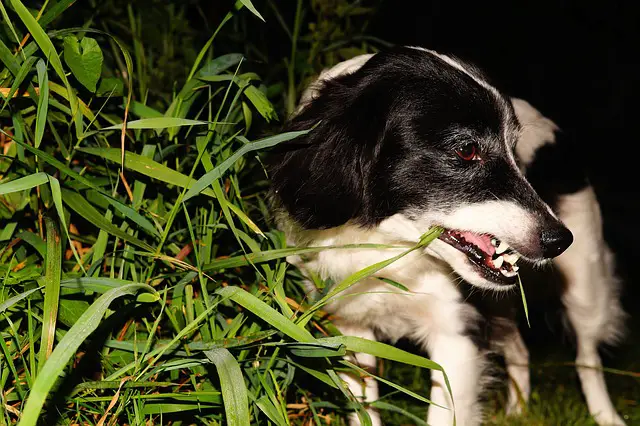
Sign of illness or stomach problems?
Many dog owners believe that grass eating is a sign of illness, and sometimes that's true. Dogs can eat grass to induce vomit; it is believed that long, unchewed pieces of grass tickle dogs' throats and stimulate vomiting. They want to make themselves throw up because their stomach is irritated.
Some researchers have shown that most dogs that eat grass slowly rarely vomit afterward, but dogs that eat grass more rapidly almost always vomit. This finding raised the question of whether dogs that eat grass rapidly are doing so to relieve stomach discomfort after eating something that makes their stomach hurt. According to this theory, dogs don't eat grass in normal circumstances, but only when they need stomach relief.
Improved digestion
Other people believe that dogs eat grass to improve their digestion, treat intestinal worms, or fulfill some unmet nutritional need. Dogs' bodies have certain dietary needs, and when those needs have not been fulfilled, some functions are not going to perform normally.
Grass provides fibers that sometimes are missing from a dog’s diet, and in these cases, dogs eat grass to supplement those fibers, making it easier for them to pass gas and stool. That said, grass may actually help their bodily functions run more smoothly. Consult with your veterinarian, and if this is the most probable reason your dog is eating grass, make some diet changes - add more vegetables to your dogs' diet and increase fiber content.
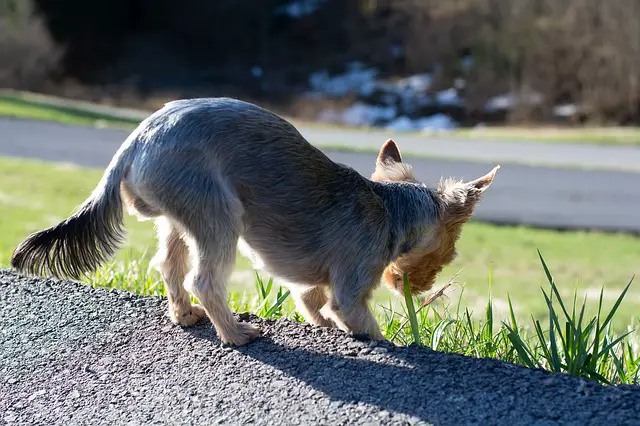
Natural instincts
A lot of people believe that dogs eat grass because it is their natural instinct. Before dogs became so domesticated, they fed naturally on anything that they could find, and primitive dogs were natural omnivores, which means they were meat and plant-eaters. Modern dogs' ancestors used to eat their prey entirely, including the stomach content of plant-eating animals. Therefore, domesticated dogs instinctively include plant material in their diet.
Dogs and other canids in the wild consume anything that helps fulfill their basic dietary requirements. Examining stool samples shows that 11 - 47% of wolves eat grass.
Behavioral reasons
Another common assumption is that sometimes dogs can eat grass just to gain attention or out of boredom. If the owner is not providing the dog with enough interaction, the dog may try to interact with the owner by engaging in unusual or even forbidden behaviors.
Many people believe that dogs eat grass simply because it tastes good to them and they enjoy it.
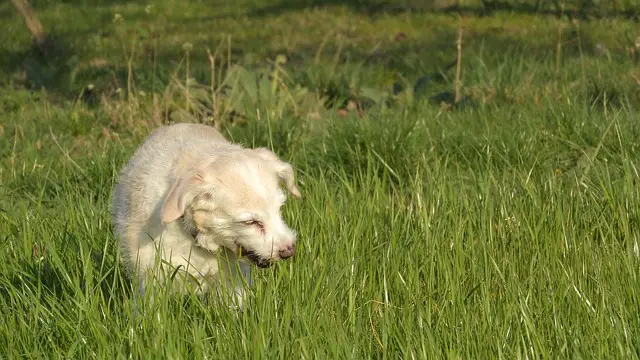
We may never know for sure why dogs eat grass, but although this behavior can occur for many reasons, you shouldn't be worried if your dog is a grass-eater. You should, however, seek veterinary advice if;
- Grass-eating becomes excessive
- Your dog does not want to eat their regular food
- Your dog is repeatedly eating grass and vomiting
- Your dog is eating grass and behaving unusual and/or sick
Also, make sure that the grass your dog is eating has not been sprayed with harmful pesticides or fertilizers.
If you start noticing your dog acting weird or behaving strangely due to eating grass, you should consult your vet. There is a possibility that your dog has underlying conditions or diseases that can cause them to leak for self-treating solutions, and eating grass might be one of them. Keep an eye out on symptoms like;
- Diarrhea
- Excessive vomiting
- Weight loss
- Bloody stool
- Excessive lip licking
- Lethargy
- Decrease in appetite
In most cases, dogs eating grass is not a reason anyone should get overly worried about; just keep a close eye on your dog and make sure they are not experiencing any of the symptoms mentioned above. In the meantime, enjoy your dog acting like an adorable little cow.
World Dog Finder team

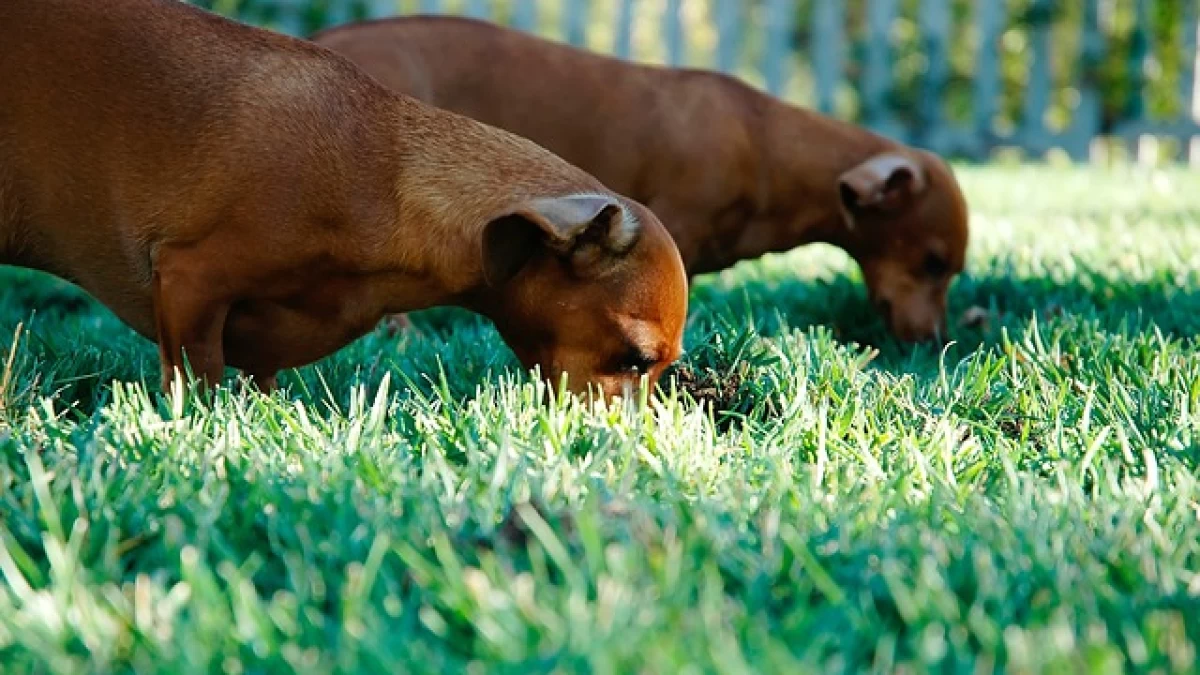
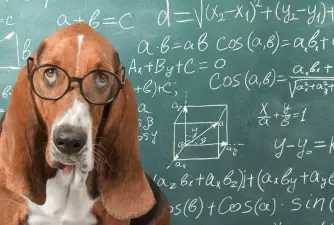


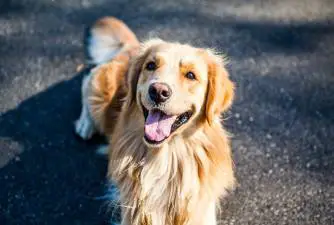

Share